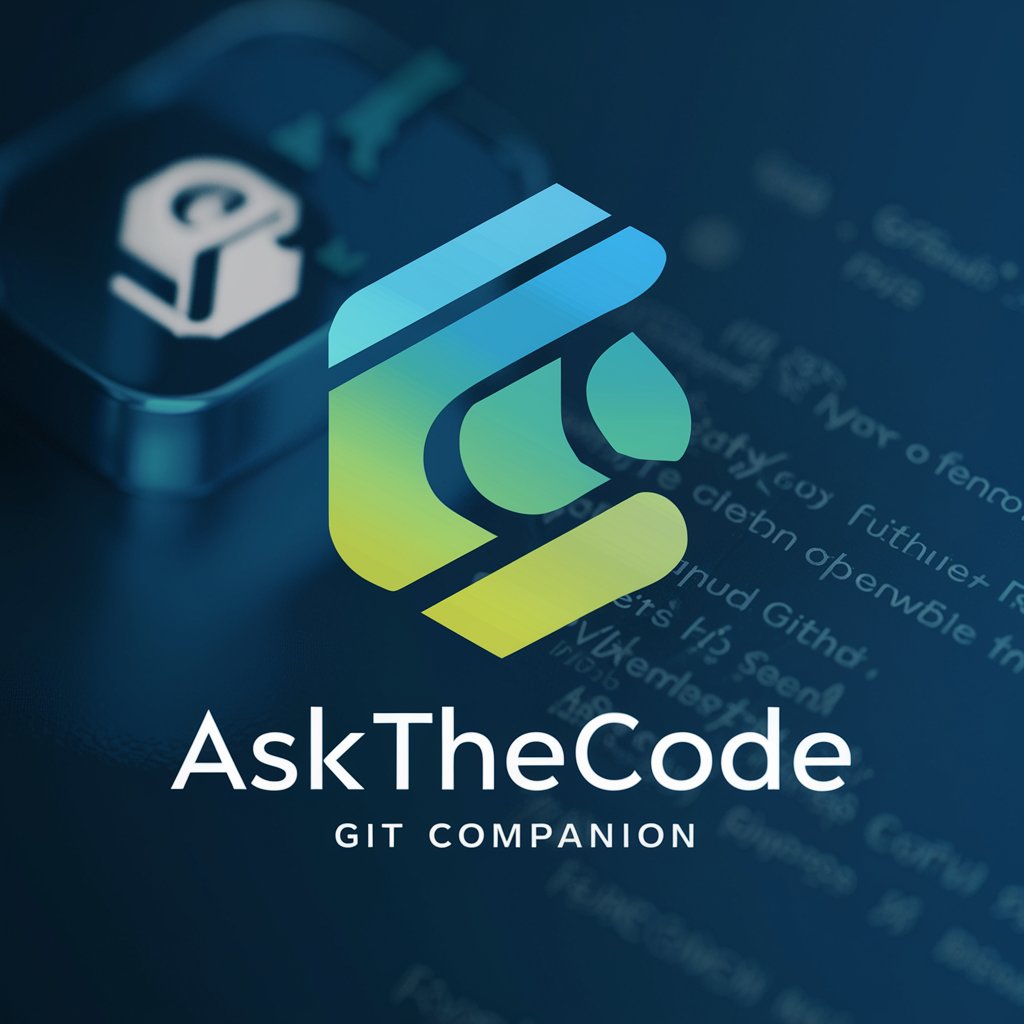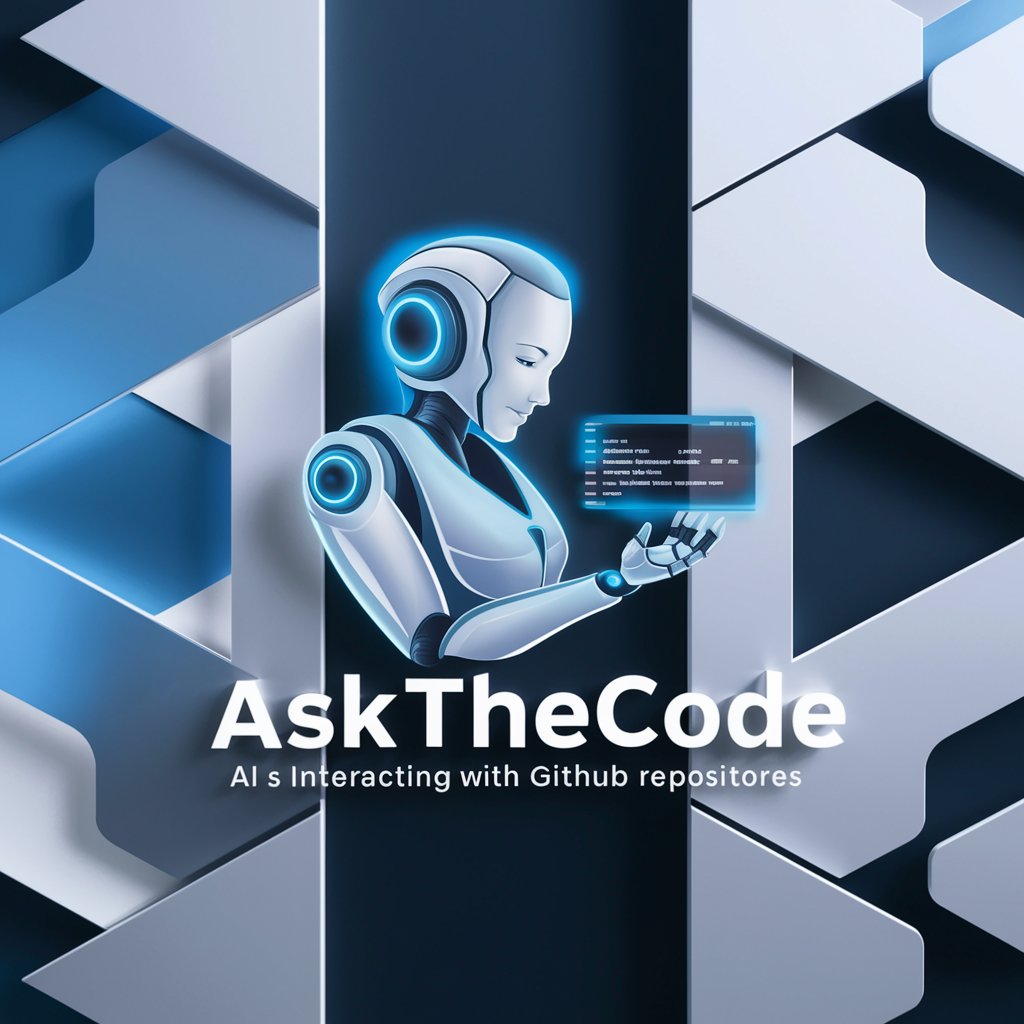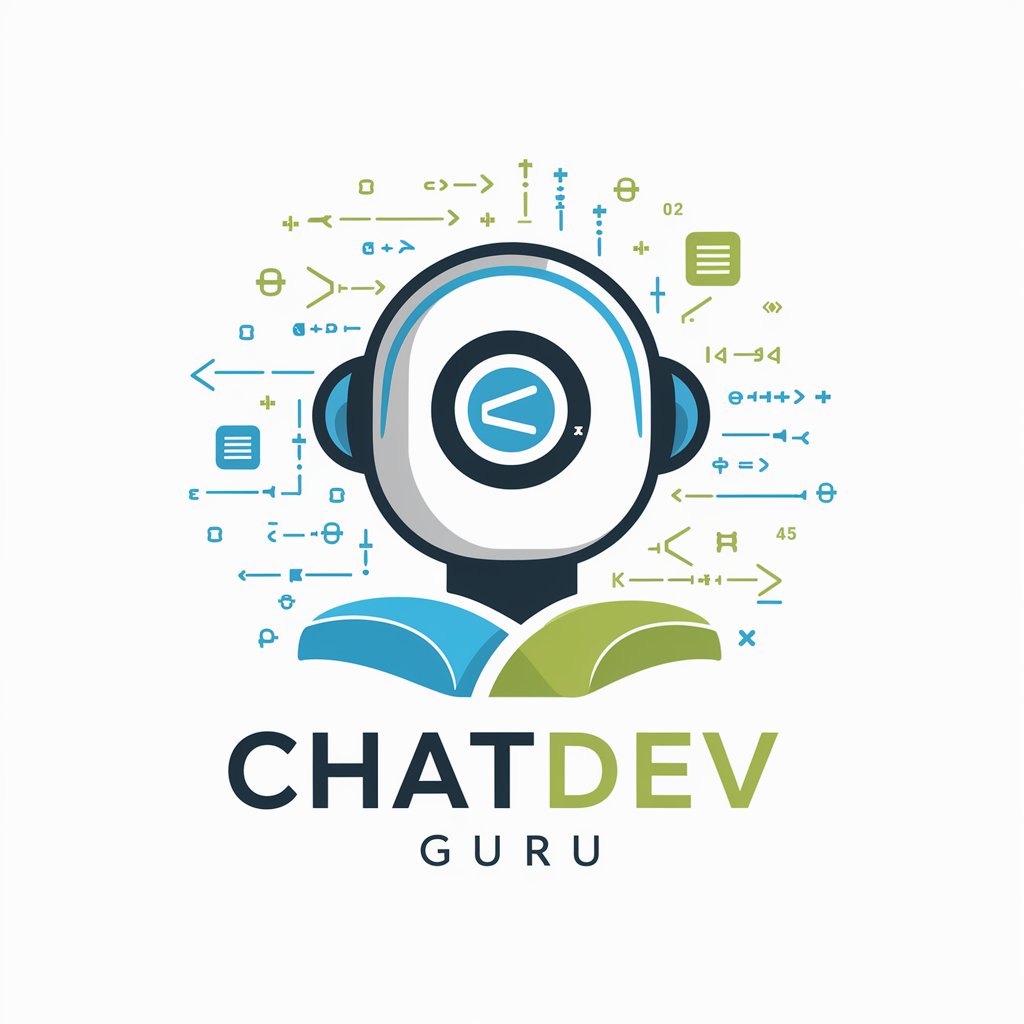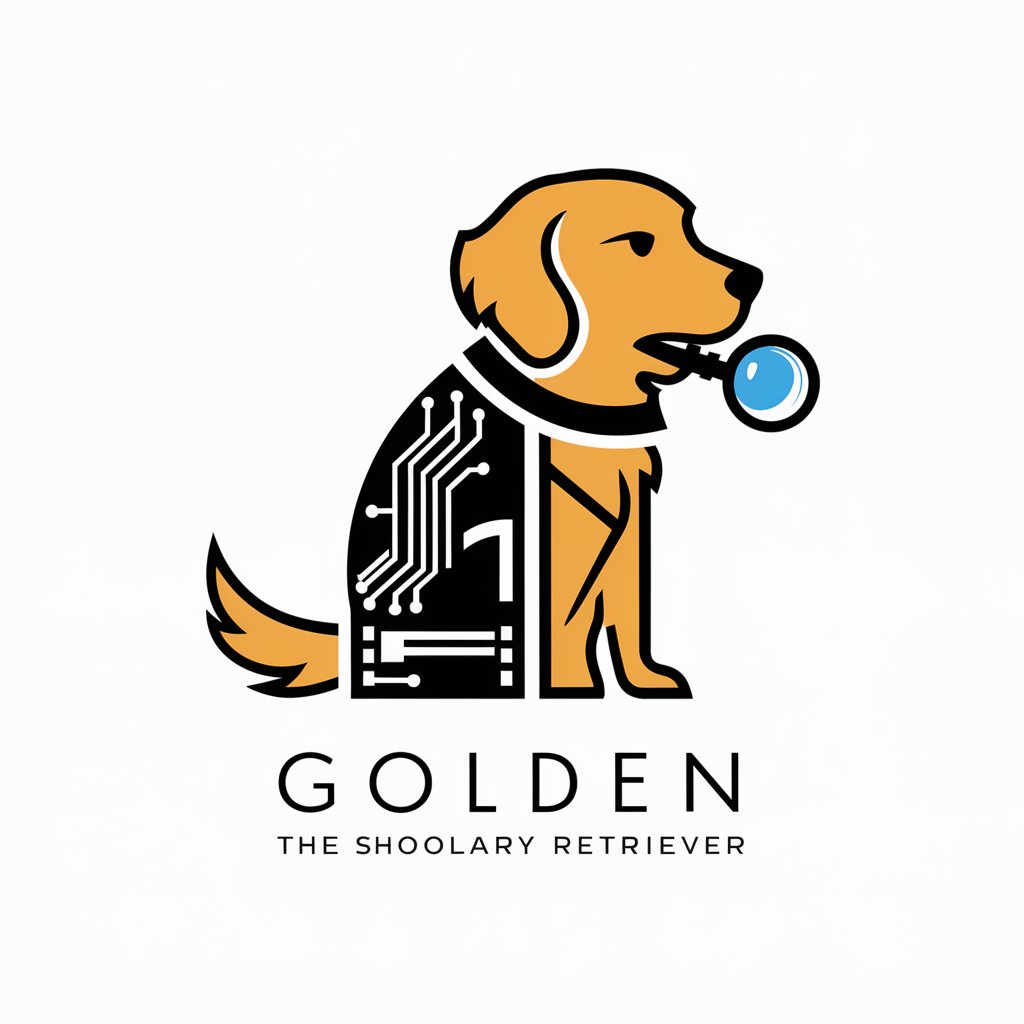5 GPTs for Repository Navigation Powered by AI for Free of 2026
AI GPTs for Repository Navigation are advanced tools designed to streamline and enhance the exploration, understanding, and management of code repositories. By leveraging Generative Pre-trained Transformers, these tools offer tailored solutions for navigating complex repositories, facilitating code discovery, documentation, and collaboration. They are pivotal in reducing the complexity of repository management, making it easier for users to find specific information, understand codebase structures, and contribute effectively.
Top 5 GPTs for Repository Navigation are: AskTheCode,github助手,ChatDev Guru,Github新手指南,Goldie the Scholar Retriever
AskTheCode
Navigate Github with AI Precision

github助手
Enhancing GitHub interaction with AI

ChatDev Guru
Empowering Your ChatDev Projects with AI

Github新手指南
AI-powered GitHub Learning Simplified

Goldie the Scholar Retriever
Unlock scholarly insights with AI-powered precision.

Essential Attributes and Functions
AI GPTs for Repository Navigation boast a range of unique features including natural language understanding for querying repositories, code suggestion capabilities, and automated documentation generation. They adapt from basic search functionalities to complex code analysis, offering insights into code health, dependencies, and potential improvements. Special features may include integration with version control systems, real-time collaboration tools, and the ability to learn from user interactions to provide more relevant results over time.
Who Benefits from Repository Navigation AIs
These tools cater to a wide audience, from novices and students who are just starting to explore coding repositories, to seasoned developers and professionals seeking efficient ways to navigate and contribute to large codebases. They are particularly valuable for teams working on complex projects requiring frequent interaction with diverse repositories. Additionally, the tools offer customization options, making them accessible to users without coding skills and highly adaptable for those with programming expertise.
Try Our other AI GPTs tools for Free
Code Search
Discover AI-powered Code Search GPTs, the ultimate tools for finding code solutions, learning programming, and enhancing development workflows with intelligent, context-aware searches.
Issue Interaction
Discover AI GPTs for Issue Interaction: tailor-made AI solutions designed to streamline and resolve issues efficiently with advanced natural language processing and machine learning.
Curriculum Understanding
Discover how AI GPTs for Curriculum Understanding are revolutionizing personalized learning and curriculum design with their advanced analytical and generative capabilities.
Global Outreach
Explore AI GPTs for Global Outreach: Tailored AI solutions enhancing worldwide communication, education, and collaboration with multilingual support and user-friendly interfaces.
Widget Customization
Discover the power of AI GPTs for Widget Customization, offering intuitive, versatile, and advanced tools to personalize and enhance your widgets for a dynamic user experience.
Entertainment Creation
Explore AI GPTs for Entertainment Creation: your versatile companion in storytelling, image generation, and more, tailored for creators at all levels.
Expanding the Impact of Customized Solutions
AI GPTs for Repository Navigation not only simplify repository management but also foster innovation by making it easier to discover and leverage existing code. Their adaptability to different sectors and ability to integrate with existing systems underscore their potential to transform how teams and individuals interact with code repositories, paving the way for more collaborative and efficient development processes.
Frequently Asked Questions
What exactly are AI GPTs for Repository Navigation?
They are AI tools designed to assist in exploring and managing code repositories more effectively, utilizing the power of GPTs to understand and interact with code in a natural way.
How do these tools improve repository navigation?
They simplify the process of finding and understanding code, automate documentation, and provide intelligent code suggestions, making it easier to manage and contribute to repositories.
Can non-coders use these tools effectively?
Yes, with user-friendly interfaces and natural language processing capabilities, these tools are accessible to non-coders, allowing them to navigate repositories without needing to understand the code deeply.
What makes these tools stand out from traditional code navigation methods?
Their ability to understand natural language queries and provide context-aware suggestions and documentation, beyond simple keyword search, sets them apart.
Are these tools compatible with all types of code repositories?
Most tools are designed to be adaptable to various repository structures and coding languages, though specific compatibility may vary.
How do AI GPTs for Repository Navigation learn and improve over time?
They use machine learning algorithms to learn from user interactions and feedback, continuously improving their accuracy and relevance of suggestions.
Can these tools be integrated into existing development workflows?
Yes, many are designed for integration with popular development tools and platforms, enhancing existing workflows rather than replacing them.
What are the potential limitations of using these AI GPTs?
Limitations may include dependency on the quality and structure of the codebase, the need for continuous learning to stay updated, and challenges in interpreting highly complex queries without context.